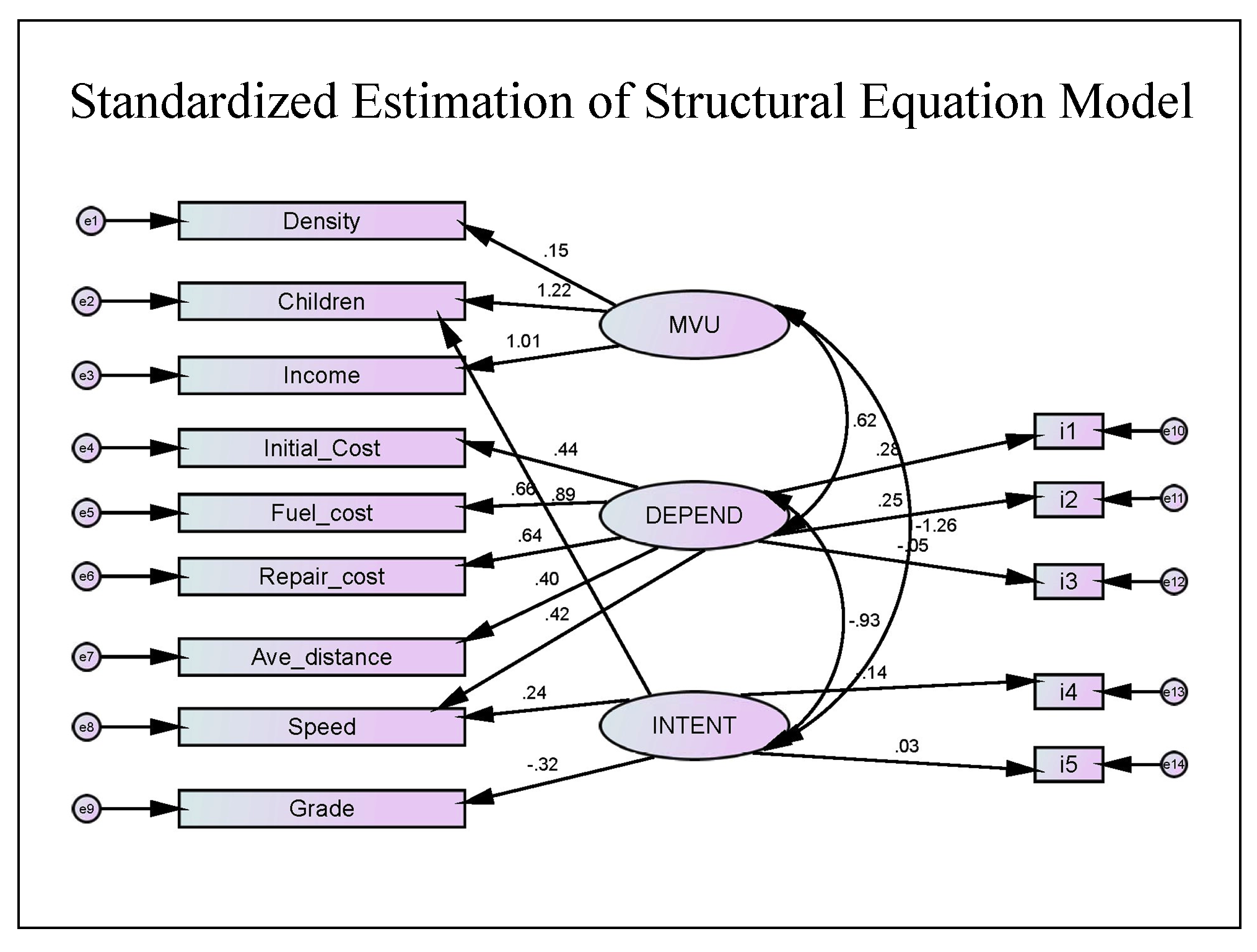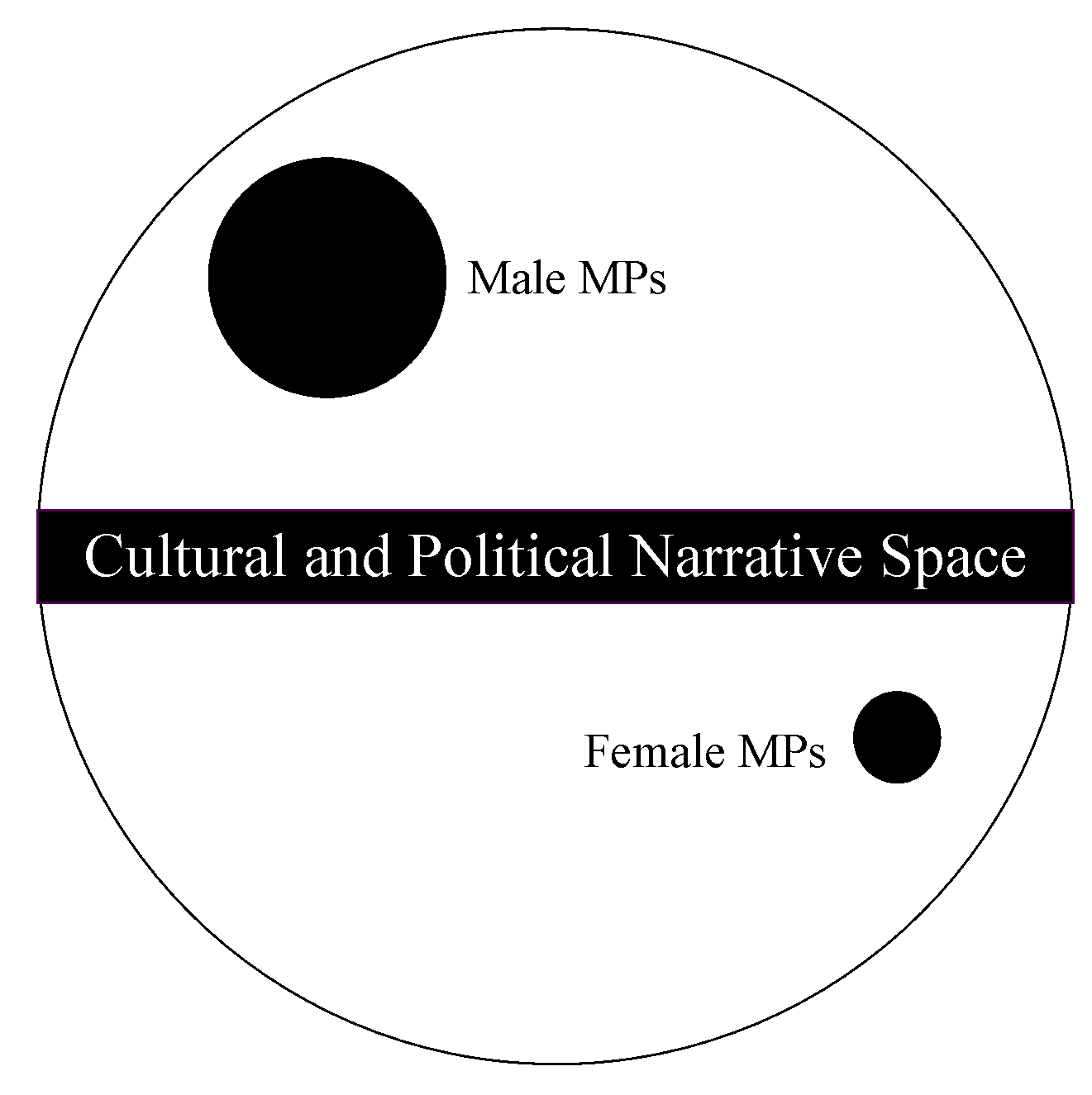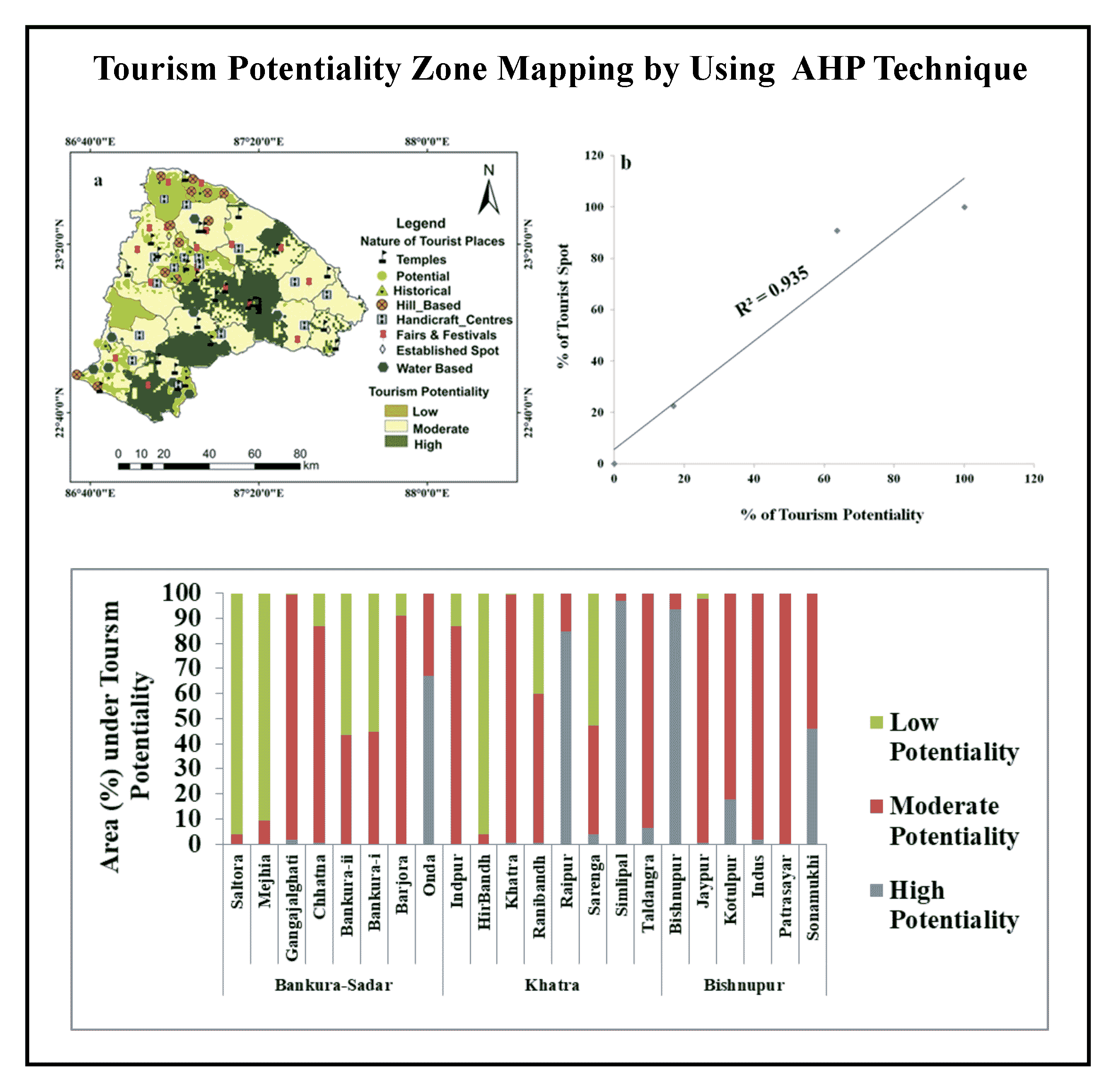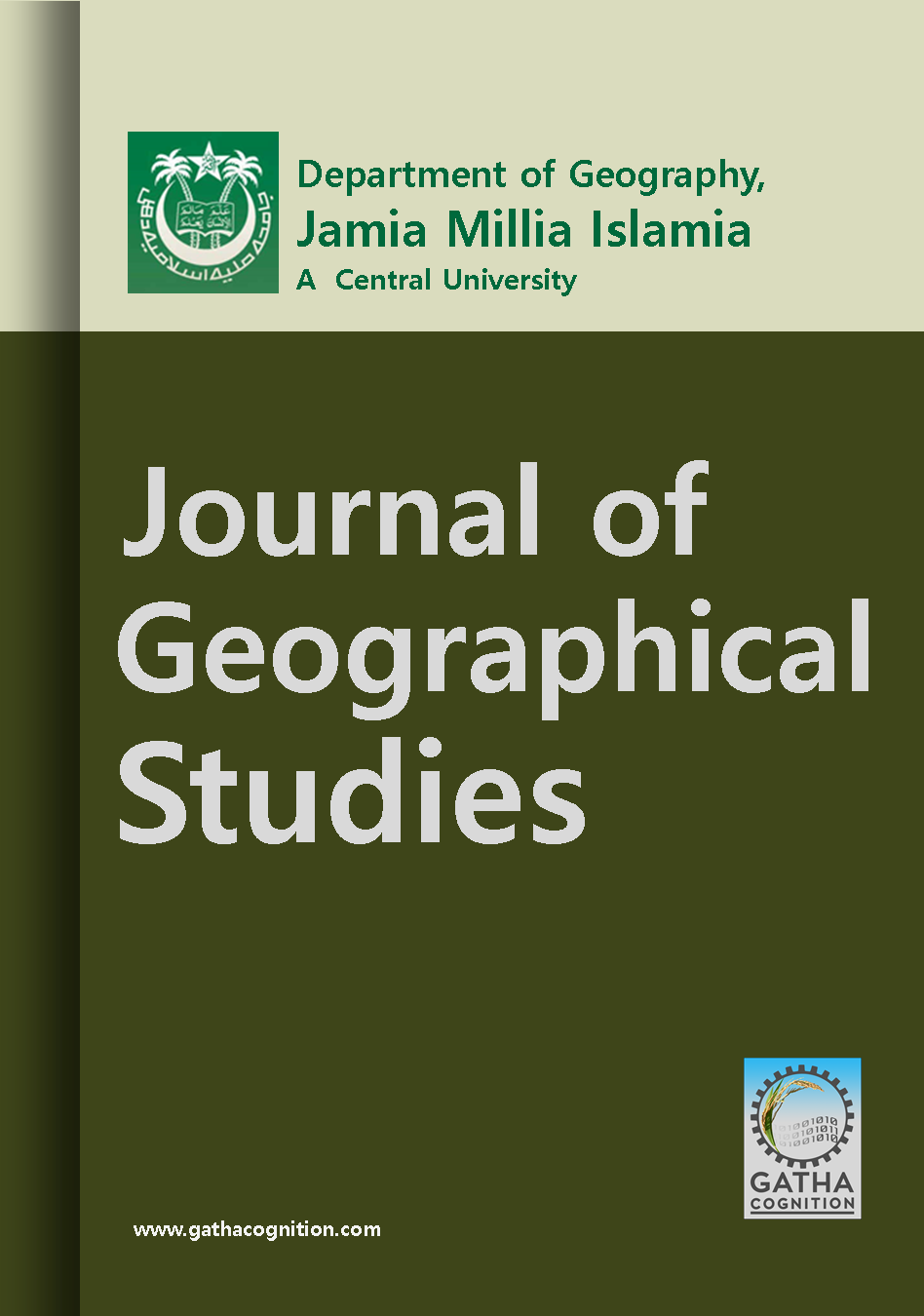Article Title :
Dependency of Urban People on Private Motorized Vehicles: A Critical Measurement in Bangladesh 
3 (2019)
24-35
Decision making , DEPEND , INTENT , Modeling , Motor Vehicle , Structural Equation Modeling , Transportation , Urban


Consumption of non-renewable energy resources and global warming are increasing due to excessive dependency on motorized vehicle. The study investigates the influencing factors for private motor vehicle dependency to develop a structural equation model (SEM) for quantifying subjective motor vehicle dependency by examining the determinants. A questionnaire survey of 130 random samples was conducted among private motor vehicle users from different districts of Bangladesh. On the basis of user practical experience and reliance on motor vehicle use, a subjective measure of private motor vehicle dependency is established. Results support to accept the model hypothesis which is MVU [Motor Vehicle Use] affects DEPEND [Dependency on Motor Vehicle] positively and both negatively affect INTENT [Intention to Reduce Motor Vehicle]. Hence, children and monthly income of respondents have large influence on motor vehicle use as the beta weights are 1.22 and 1.01, respectively. In case of dependency, regression weight shows that fuel expenses, average travelling distance, speed have significant influences. Besides, the greater social grade shows less intention to reduce motor vehicle use. The study shows clear overview of possible affecting factors behind dependency which can be reflected in decision-making strategies.

Motor vehicle use (MVU) affects positively with DEPEND and negatively with INTENT.
Children and monthly income of respondent have large influence on MVU.
Social grade is the most significant factor on affecting on MVU.
Fuel and repair expenses have moderate influence on dependency.
Structural Equation Model (SEM) is useful to analyze the psychometric data to quantify subjective car dependence.
Hox, J. J. and Bechger, T. M., 1998. An introduction to structural equation modeling. Family Science Review, 11, 354-373.
Kenworthy, J., Laube, F., Newman, P. and Barter, P., 1997. Indicators of transport efficiency in 37 global cities: A report for the World Bank. Institute for Science and Technology Policy, Murdoch University.
Pulliam, H., 1995. Managing landscapes for sustainable biodiversity. Defining and Measuring Sustainability. The Biogeophysical Foundations. Washington, DC (The United Nations University and The World Bank).






